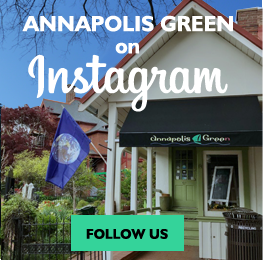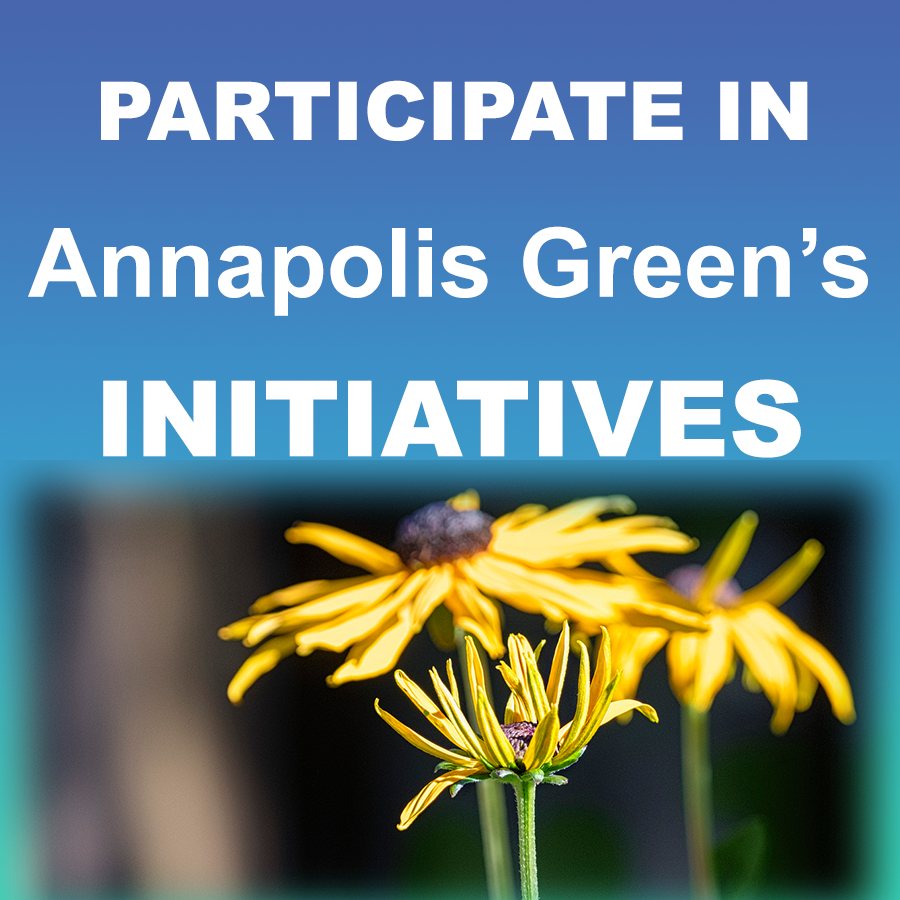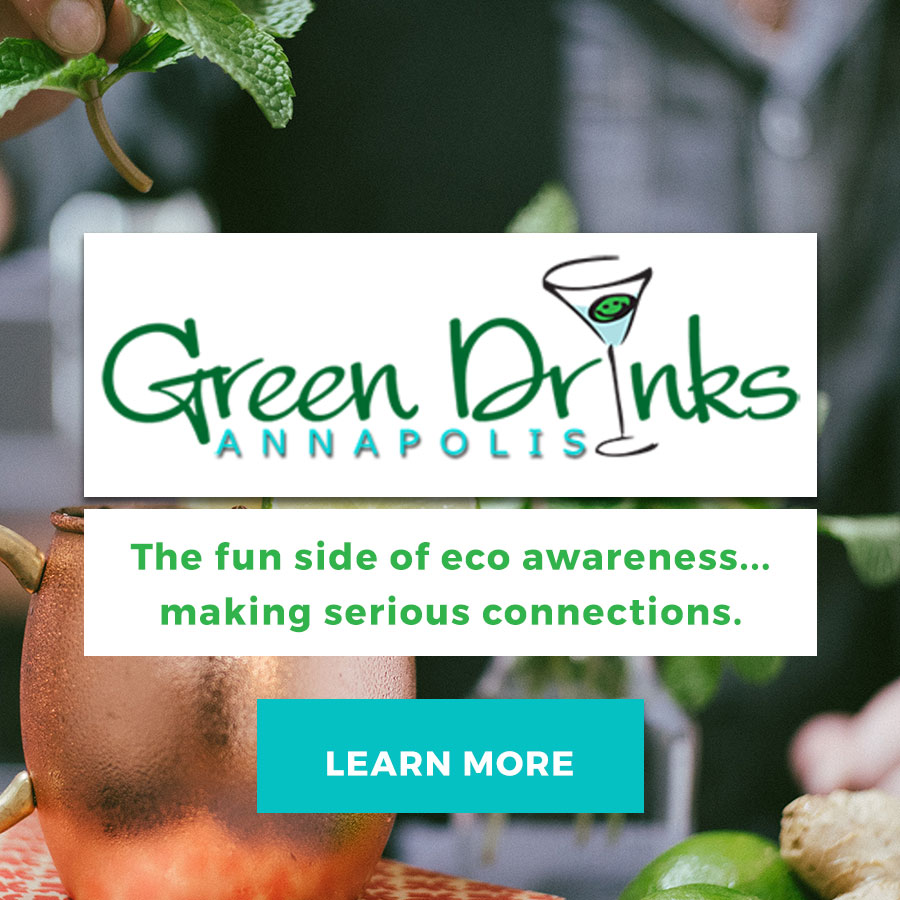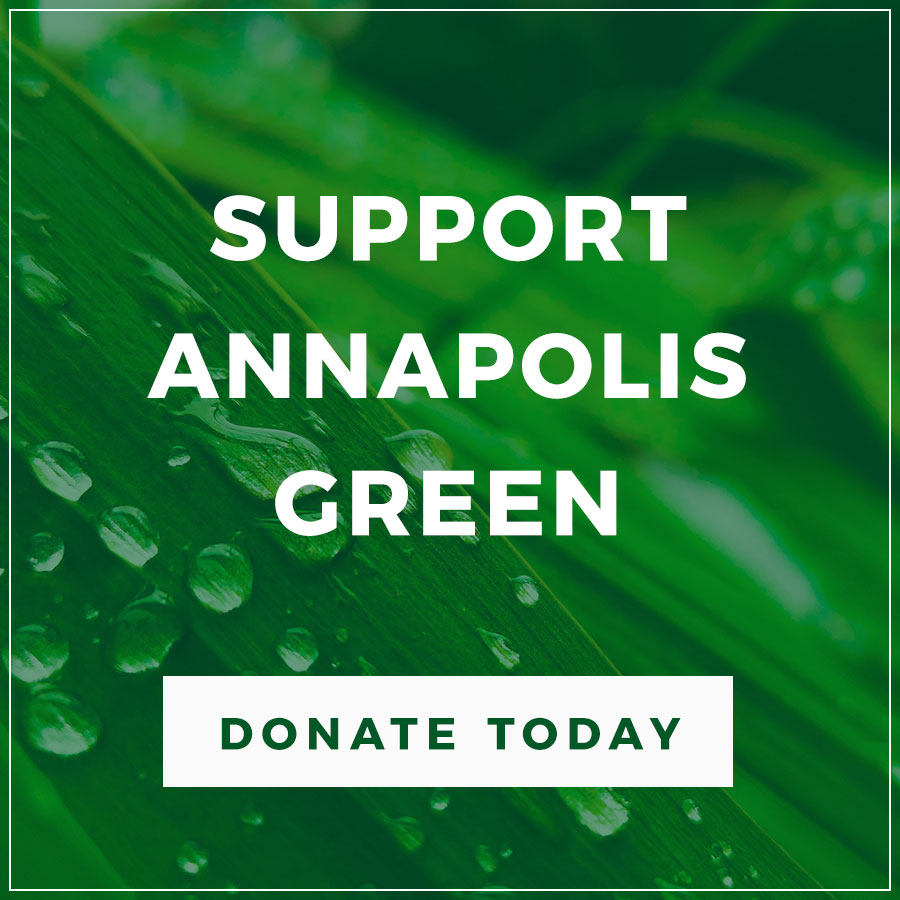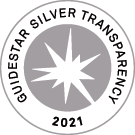National Pollinator Week
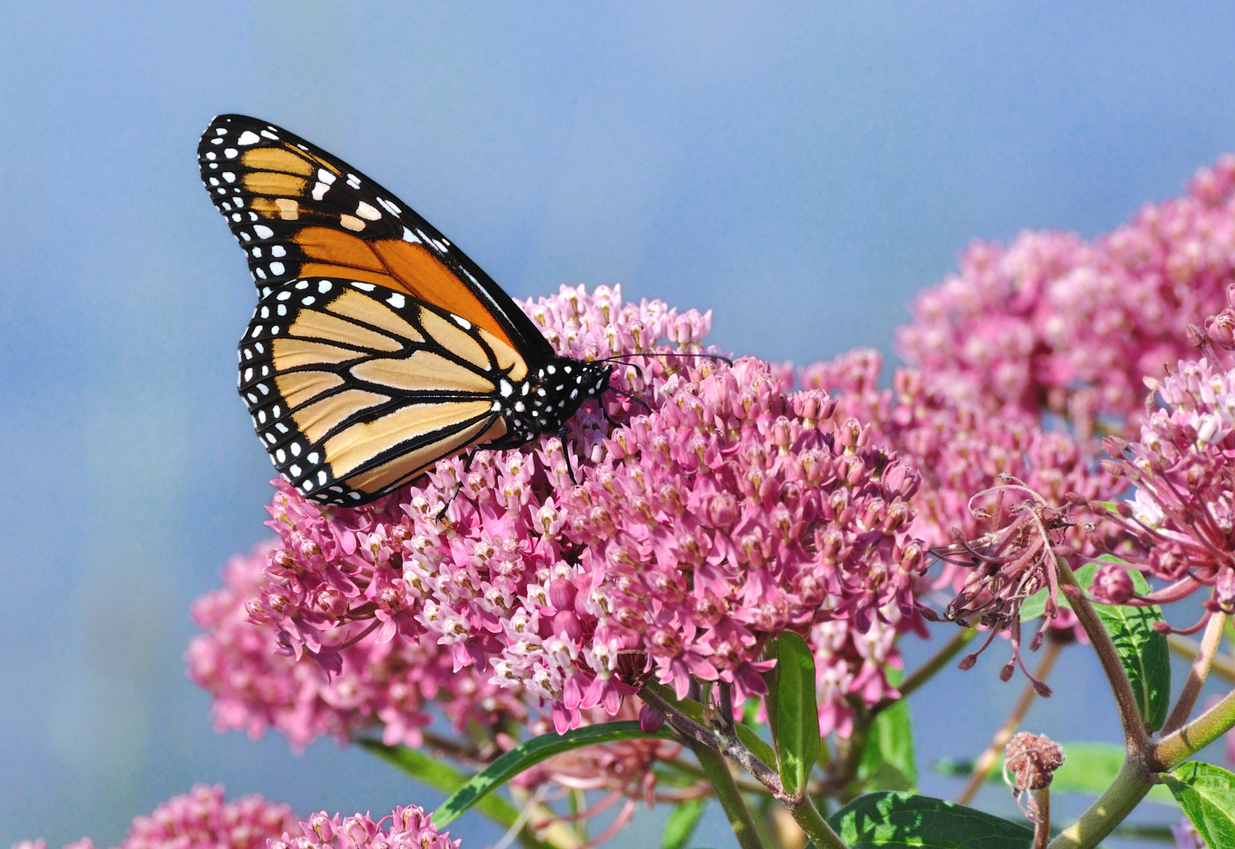
Bees, butterflies… they fly all around us but do we notice? We should because without them our food supply would suffer irrevocably. Saving pollinators is really about saving us.
It is National Pollinator Week (June 20-26) and a great time to think about the fact that pollinators such as bees, birds, butterflies, beetles, moths, wasps, and flies, and other critters do us a great service by making it possible for flowers to become the fruit and vegetables we eat. These insects (and bats and birds—especially hummingbirds) are vital to our existence. Sadly, their populations are declining in an alarming way. In short, they need our help.
According to the Xerces Society: “Pollinators are essential to our environment. The ecological service they provide is necessary for the reproduction of over 85% of the world’s flowering plants, including more than two-thirds of the world’s crop species. The United States alone grows more than 100 crops that either need or benefit from pollinators, and the economic value of these native pollinators is estimated at $3 billion per year in the U.S. Beyond agriculture, pollinators are keystone species in most terrestrial ecosystems. Fruits and seeds derived from insect pollination are a major part of the diet of approximately 25% of all birds, and of mammals ranging from red-backed voles to grizzly bears.”
What can you do to help?
Make Your Garden a Haven – Even a Small Garden
Don’t use pesticides. This is most important. Don’t spray your plants with any pesticide, even if the label claims that it targets only specific insects or that it is “safe.” There are many natural remedies for insect problems that won’t hurt pollinators. More information here:
mda.maryland.gov/resource_conservation/Documents/tip1.pdf
sierraclub.org/maryland/pesticides-free-alternatives
Plant Pollinator Friendly NATIVE Plants. Plants and insects that are native to an area have a symbiotic relationship that does not exist with plants introduced from elsewhere. There are many benefits to planting natives, including the fact that they are easier to grow; those benefits are for pollinators too. More information here.
How to attract bees to your garden with advice from Homestead Gardens.
The Monarch Butterfly is in trouble – plant Milkweed. Plant as much Milkweed as you can. Monarch caterpillars need Milkweed to live. Fortunately, Milkweed also produces stunningly beautiful flowers that other pollinators enjoy as well. More information here.
Don’t be so tidy, especially in late autumn. Leave fallen branches and leaves and brush piles in place to provide nesting areas and hiding places for pollinating insects. Leave a bit of unmulched bare ground too for ground nesting bees. Use compost instead of wood mulch. For the migrating adult Monarchs on their way south, leave the late blooming native plants such as asters, New York Ironweed and goldenrod in place for them to feed on. More information here.
Reduce the size of your lawn. Turf provides very little habitat for vital wildlife and think about how crazy this is: You spend money, taking steps to make the grass grow and then you mow it down every week. Additionally, traditional gas-powered mowers release enormous amounts of greenhouse gases into the atmosphere. Take out some turf and install pollinator friendly plants instead. More information here.
Enjoy the Free Show. It’s relaxing and inspiring—and good for your mental health to watch butterflies and bees feed on the nectar of native flowers. More information here.
Note: If you are allergic to or afraid of bees, don’t worry. Most are not looking to sting you. If you leave them alone, they will leave you alone, with very few exceptions. More information here.

Buy local honey! It’s good for you, especially if it’s produced by bees that live in your area. Honey has been reported to be good for reducing inflammation and the effects of allergies, among other health benefits. More information here.
–Elvia Thompson
